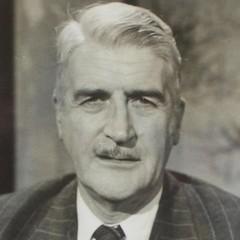Isaac DIsraeli Quotes - Page 3

Many men of genius must arise before a particular man of genius can appear.
"The Literary Character, Illustrated by the History of Men of Genius". Book by Isaac D'Israeli, 1795-1822.
"Hoyt's New Cyclopedia Of Practical Quotations" by Jehiel Keeler Hoyt, p. 149-52, Curiosities of Literature, Literary Journals, 1922.
An Essay on the Manners and Genius of the Literary Character, 1795.
"Hoyt's New Cyclopedia Of Practical Quotations" by Jehiel Keeler Hoyt, p. 653-54, Curiosities of Literature, 1922.
"Literary Character of Men of Genius". Book by Isaac D'Israeli, chapter XVI, 1795-1822.
"The Literary Character, Illustrated by the History of Men of Genius". Book by Isaac D'Israeli, chapter II, 1795-1822.
"The literary character". Book by Isaac D'Israeli (Chapter XII, last lines), 1795.
A circle may be small, yet it may be as mathematically beautiful and perfect as a large one.
"Hoyt's New Cyclopedia Of Practical Quotations" by Jehiel Keeler Hoyt, p. 119, 1922.
"The Literary Character, Illustrated by the History of Men of Genius". Book by Isaac D'Israeli, 1795 - 1822.
"Hoyt's New Cyclopedia Of Practical Quotations" by Jehiel Keeler Hoyt, p. 605-09, Literary Character of Men of Genius, Vers de Société, 1922.






